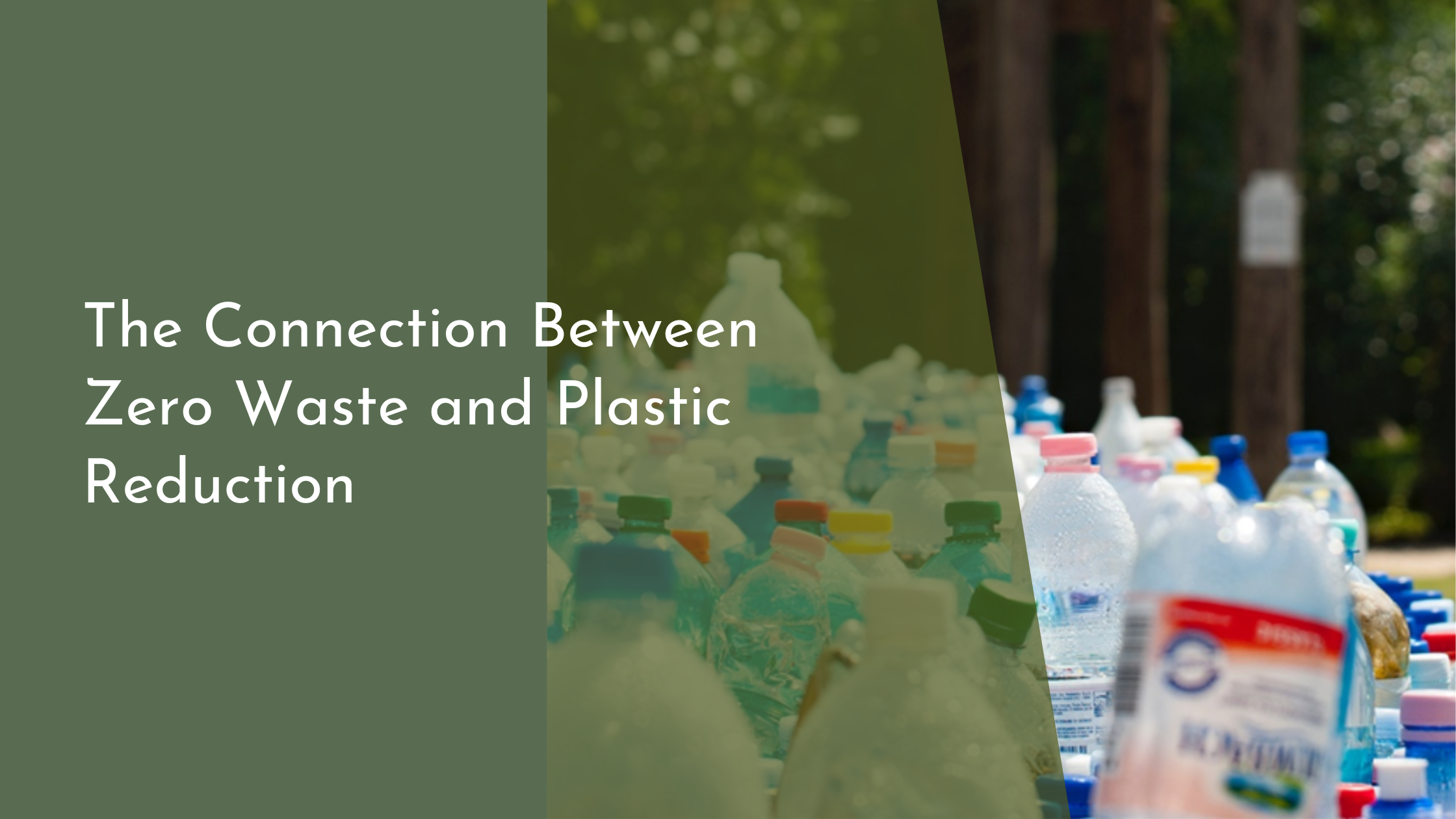The Connection Between Zero Waste and Plastic Reduction
The world is waking up to the environmental impacts of our consumption habits, and the zero waste movement is at the forefront of this awakening. With a focus on reducing waste at the source and minimizing what ends up in landfills, the movement has garnered attention for its potential to significantly reduce plastic pollution. In this article, we’ll explore the interplay between zero waste and plastic reduction, and how adopting a zero waste lifestyle can lead to a healthier planet.
Understanding the Zero Waste Movement
The zero waste movement is built on a simple yet powerful principle: to minimize waste generation by rethinking the life cycle of products. It encourages individuals, businesses, and communities to adopt practices that prevent waste from being created in the first place. The movement is grounded in the 5 R’s: Refuse, Reduce, Reuse, Recycle, and Rot. By refusing unnecessary items, reducing consumption, reusing materials, recycling what cannot be reused, and composting organic waste, the movement aims to create a closed-loop system that mimics nature’s own cycles.
A key aspect of the zero waste movement is its emphasis on individual responsibility and systemic change. It challenges the notion that waste is an inevitable byproduct of modern life and advocates for a shift in mindset toward sustainability. As more people adopt these principles, there is a growing demand for alternative products and systems that support a circular economy. This shift not only reduces the pressure on landfills but also encourages innovation in sustainable packaging and product design.
The Role of Plastics in Everyday Life
Plastics have become an integral part of modern life, with their versatility, durability, and low cost making them indispensable in many applications. From packaging to construction materials, electronics to textiles, plastics are found in almost every sector. However, their convenience comes at a significant environmental cost. Most plastics are derived from non-renewable fossil fuels, and their production and disposal contribute to pollution and greenhouse gas emissions.
Despite their prevalence, single-use plastics are one of the most problematic aspects of plastic consumption. Items such as plastic bags, straws, and water bottles are used briefly but can persist in the environment for hundreds of years, leading to pollution and harming wildlife. The accumulation of plastic waste in oceans and landfills has sparked global concern, prompting calls for urgent action to reduce plastic dependency and improve waste management systems.
Strategies for Reducing Plastic Usage
One of the most effective strategies for reducing plastic usage is to prioritize the use of reusable alternatives. Investing in items such as stainless steel water bottles, cloth shopping bags, and glass containers can significantly cut down on single-use plastic consumption. By choosing durable, long-lasting products, individuals can contribute to a reduction in plastic waste and promote a culture of reuse.
Education and awareness are also crucial in the fight against plastic pollution. By understanding the impact of plastic waste and learning about sustainable alternatives, consumers can make informed choices that align with zero waste principles. Participating in community clean-up events, supporting policies that reduce plastic production, and encouraging businesses to adopt eco-friendly practices are all ways to amplify the impact of individual efforts.
Embracing a Zero Waste Lifestyle
Embracing a zero waste lifestyle involves a shift in mindset and daily habits. It starts with small, manageable changes, such as carrying a reusable coffee cup or saying no to plastic straws. Over time, these small actions can lead to a more significant transformation towards sustainable living. By prioritizing quality over quantity and valuing sustainability, individuals can reduce their environmental footprint and inspire others to do the same.
Adopting a zero waste lifestyle also encourages creativity and resourcefulness. It invites individuals to find innovative solutions to everyday challenges, such as creating homemade cleaning products or starting a compost pile at home. By living more consciously, people can connect with the world around them in meaningful ways and contribute to a more sustainable future for all.
The connection between zero waste and plastic reduction is undeniable, as both aim to address the environmental challenges posed by our current consumption patterns. By reducing reliance on single-use plastics and embracing sustainable practices, individuals can play a vital role in protecting the planet for future generations. As the zero waste movement continues to grow, it offers hope and inspiration for a cleaner, healthier world.

